Energy Minister Konrad Mizzi is the only EU Minister mentioned in one of the worlds largest leaks, dubbed as the 'Panama Papers'.
An investigation primarily conducted by the International Consortium of Investigative Journalists (ICIJ) which led to the leaks of millions of Mossack Fonseca files, a Panama firm at the heart of the global scandal, was conducted by hunderds of journalists worldwide, culminating in a scandalous leak that included Malta's own Konrad Mizzi.
The ICIJ does post a disclaimer on its site. “There are legitimate uses for offshore companies, foundations and trusts. We do not intend to suggest or imply that any persons, companies or other entities included in the ICIJ Power Players interactive application have broken the law or otherwise acted improperly.”
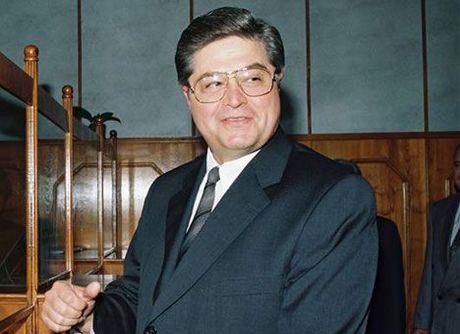
Despite this, however, the fact remains that the Minister has been named side by side with people like Pavlo Lazarenko (photo above), former Prime Minister of Ukraine, who the ICIJ says was once named one of the world's 10 most corrupt politicians by Transparency International. Pavlo Lazarenko spent eight years under house arrest and in prison in the United States after his 2004 conviction for money laundering and conspiracy.

The leaks also highlight Azerbaijani President Aliyev's wife, Mehriban Aliyeva, where in 2005 “she was named as one of two managers of the Panamanian UF Universe Foundation, incorporated in 2003. Under a complex proposal submitted to Mossack Fonseca in 2005, UF Universe Foundation would have ultimate control of AtaHolding, a major Azeri conglomerate. The 2005 proposal named President Aliyev's (photo above) three children in addition to other senior members of Azerbaijan's tax office as beneficiaries. Two secretive companies central to this proposal were established through Mossack Fonseca although it is unclear whether or not the proposal was ever adopted. The UF Universe Foundation was inactivated in January 2007, but in January 2014, its representative asked Mossack Fonseca to reactivate it. In addition, Aliyev's daughters controlled a Panama-incorporated company and two others in the British Virgin Islands. The Panamanian company held a significant stake in a consortium of companies exploring goldfields in Azerbaijan. Aliyev's sister was the sole shareholder and owner of a BVI company registered in December 2005. Registration records list her at an address in a West London neighborhood where average home prices touch $9 million.”
The ICIJ said that, with many of Mossack Fonseca’s clients, there is no evidence that these people used their companies for improper purposes. “Having an offshore company isn’t illegal. For some international business transactions, it’s a logical choice. The Mossack Fonseca documents indicate, however, that the firm’s customers have included Ponzi schemers, drug kingpins, tax evaders and at least one jailed sex offender. A U.S. businessman convicted of traveling to Russia to have sex with underage orphans signed papers for an offshore company while he was serving his prison sentence in New Jersey, the records show. The files contain new details about major scandals ranging from England’s most infamous gold heist to the bribery allegations convulsing FIFA, the body that rules international soccer”.
With such allegations made against Mossack Fonseca and a number of its clients, it brings into question the decision by all those who chose to utilise it's services.
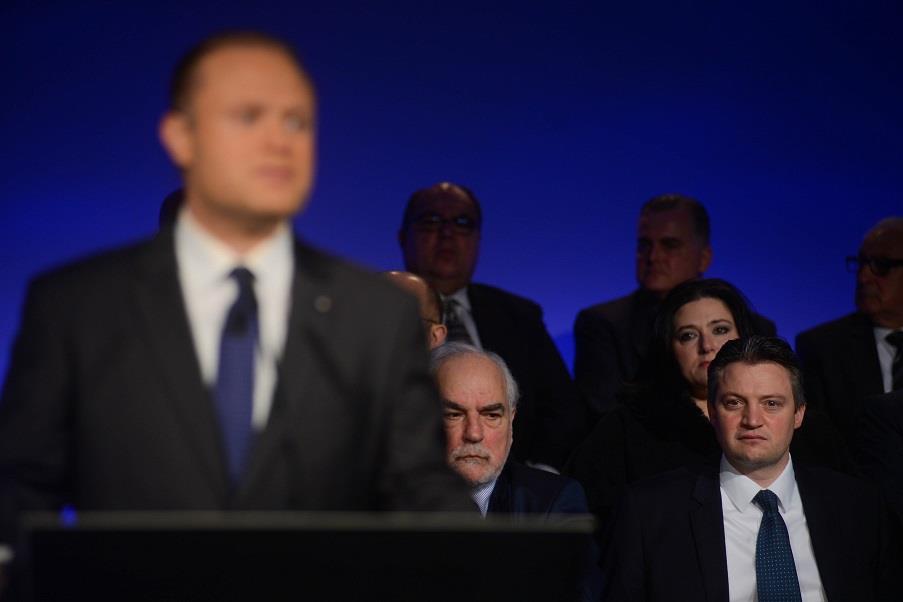
Minister Mizzi's link to the firm is described by the ICIJ as follows - “In July 2013, four months after Mizzi joined the Maltese government, an accounting firm in Malta bought several Panamanian companies from Mossack Fonseca, including Hearnville Inc. In June 2015, Mizzi established a trust in New Zealand that is the shareholder of Hearnville. The beneficiaries of this trust are his wife — Malta's consul in Shanghai (Sai Mizzi) — and two children. In June 2015 Mizzi told Mossack Fonseca he would use Hearnville as a management consultancy and brokerage firm. On this last point, Mizzi said that he filled out a "standard category wording that was included in a template form which was part of the company acquisition process."
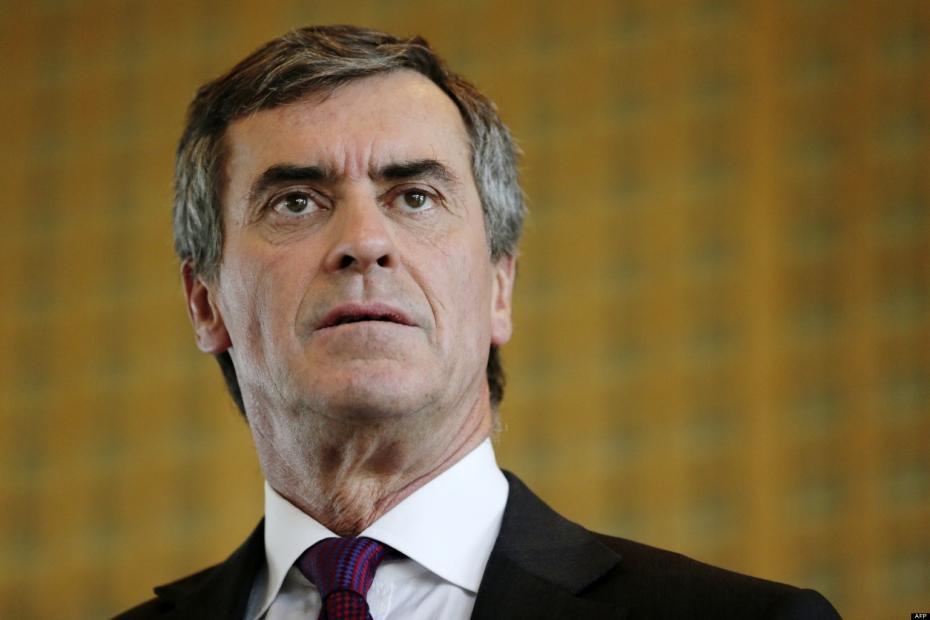
While there are former EU Ministers mentioned in the leaks, including Former French Budget Minister Jérôme Cahuzac (photo above), as well as other current and former EU state MPs and persons of authority including Paweł Piskorski - a former mayor of Warsaw and EU Parliamentarian, Michael Ashcroft – former member of the UK's House of Lords and Michael Mates - a Conservative Party politician and former Member of the UK's British Parliament, Minister Mizzi remains alone, as the only EU Minister mentioned.
The leaks also mention the wife of Spanish Agricultural Minister Miguel Arias Cañete.
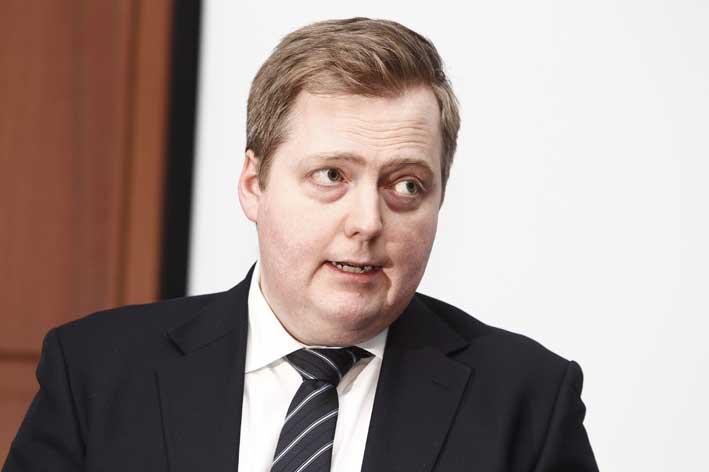
The leaks have already lead to calls for resignation by the Opposition in Iceland, where the Icelandic Prime Minister Sigmundur Gunnlaugsson stands accused of, as quoted from the BBC, “hiding 'millions of dollars of investments in his country’s banks behind a secretive offshore company,”
“Gunnlaugsson and his wife bought a Panamanian company, Wintris, in 2007. He sold his 50% of Wintris to his wife for $1 two years later”.
Gunnlaugsson is fending off calls for his resignations by saying that he has not broken any rules, and that his wife did not benefit financially from his decisions.
“The offshore company was used to invest millions of dollars of inherited money, according to a document signed by Mr Gunnlaugsson’s wife Anna Sigurlaug Pálsdóttir in 2015”.

The second call for a resignation was made by Maltese Opposition Leader Simon Busuttil, asking Prime Minister Joseph Muscat to tender his resignation. Dr Busuttil, in a tweet, linked the ICIJ page relating to Minister Mizzi and said - “If this is what you are defending, it's time for you to go”.
The leaked data covers nearly 40 years, from 1977 through the end of 2015. It allows a never-before-seen view inside the offshore world — providing a day-to-day, decade-by-decade look at how dark money flows through the global financial system, breeding crime and stripping national treasuries of tax revenues, teh report says.
Most of the services the offshore industry provides are legal if used by the law abiding. But the documents show that banks, law firms and other offshore players have often failed to follow legal requirements that they make sure their clients are not involved in criminal enterprises, tax dodging or political corruption. In some instances, the files show, offshore middlemen have protected themselves and their clients by concealing suspect transactions or manipulating official records.
The documents make it clear that major banks are big drivers behind the creation of hard-to-trace companies in the British Virgin Islands, Panama and other offshore havens. The files list nearly 15,600 paper companies that banks set up for clients who want keep their finances under wraps, including thousands created by international giants UBS and HSBC.
The ICIJ reports that the files expose offshore companies controlled by the prime ministers of Iceland and Pakistan, the king of Saudi Arabia and the children of the president of Azerbaijan.
“They also include at least 33 people and companies blacklisted by the U.S. government because of evidence that they’d been involved in wrongdoing, such as doing business with Mexican drug lords, terrorist organizations like Hezbollah or rogue nations like North Korea and Iran. One of those companies supplied fuel for the aircraft that the Syrian government used to bomb and kill thousands of its own citizens, U.S. authorities have charged”.
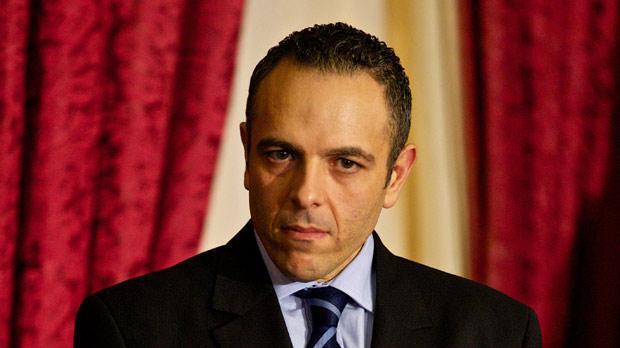
Keith Schembri's company and banks that refused to open accounts
Prime Minister Joseph Muscat's Chief of Staff and person of trust Keith Schembri has also been named.
According to Australian newspaper the Financial Review, In August 2013, Mossack Fonseca set up two Panama companies, Hearnville Inc and Tillgate Inc, which outwardly were owned and controlled by a Mossack Fonseca firm, ATC Administrators Inc.
“But in reality Hearnville was controlled by Malta's energy minister, Mizzi, and Tillgate by the PM's chief of staff, Schembri”.
“The two companies were dormant until June 2015, when Mossack Fonseca in New Zealand set up the Rotorua Trust for Mizzi and the Haast Trust for Schembri, with ownership of the two Panama companies transferred to the trusts”.
The Australian paper reports that by August 8, the Mossack Fonseca franchise firm in Malta, which acts for Mizzi and Schembri, “was writing to Mossack Fonseca Panama: 'We are in the process of opening a bank account in Dubai for two of our Panama companies'. The unnamed bank was asking for full documentation for Hearnville and Tillgate, including the names of the real owners.
“As the clients in Malta (Mizzi and Schembri, acting through their local Mossack Fonseca office) pressed to obtain the documents to set up the Dubai account by August 28, Mossack Fonseca in Panama became concerned that both Schembri and Mizzi were "PEPs", or Politically Exposed Persons”.
The report mentioned that a Mossack Fonseca operative in Panama wrote that, because both the settlors are PEPs, their New Zealand colleagues “need to be comfortable that sufficient due diligence has been carried out to ascertain that funds being settled are not subject to any corruption risk, and ideally that they come from income generated prior to the settlors' political appointment”.
“Mossack Fonseca also sought more information on what the companies would do, as 'the reference to 'management consultancy and brokerage' does not explain this'".
The article states that even a bank in Panama refused to open an account for Hearnville and Tillgate due to Mizzi and Schembri's PEP status.
“No further reference was made to the Dubai account, but meanwhile FPB Bank in Panama had refused to open an account for Hearnville and Tillgate after learning the identity of the Ultimate Beneficial Owners (UBOs) of the companies”.
The bank, according to the article, gave a number of reasons for the knockback, however “'the principal of them [is] that the UBOs of the said companies are PEP'", the Mossack Fonseca executive wrote”.